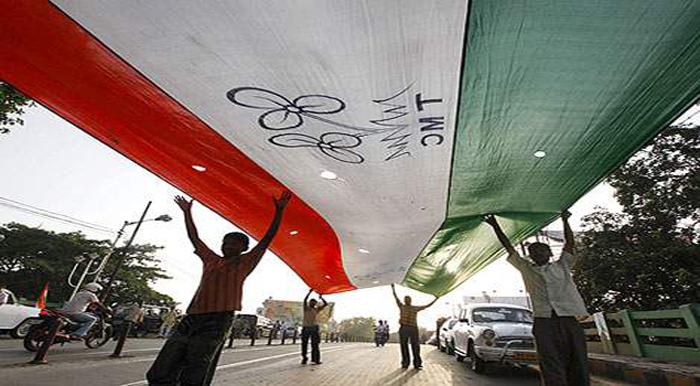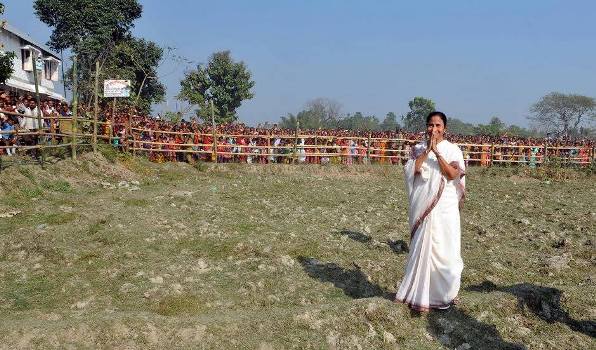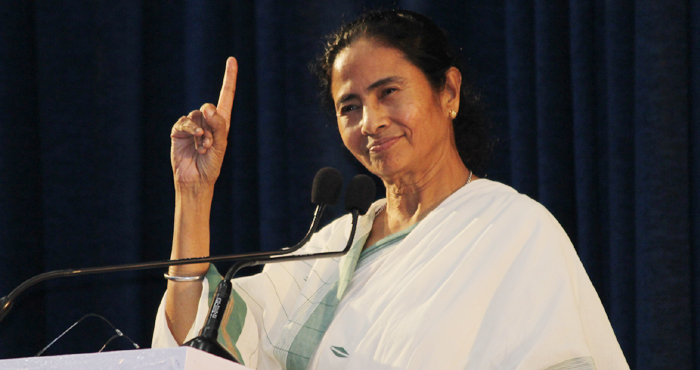Full transcript
I would like to say in brief that on 16th May 1974, an agreement between India and Bangladesh was signed internally for the demarcation of boundaries for exchange of 162 enclaves which were a pre independence legacy.
Sir, on 28th November 1974, Bangladesh parliament ratified the agreement whereas the successive governments in India failed to ratify the agreement for four long decades for some inexplicable reasons, however, better late than never. Sir, from 15th July 2011, a headcount of the enclaves on the both sides was conducted and it was found 37369 people live in 11 Indian enclaves in Bangladesh and 14221 live in 57 enclaves of Bangladesh in India.
Sir, on 6th September 2011 a protocol was signed by India and Bangladesh, which was referred to by the Hon’ble Minister for external affairs for exchange of these enclaves and to implement the related matter. Now Sir, when the Bill was introduced in 2013, my party, the All India Trinamool Congress opposed to it because the pending political, social and economic issues were neither discussed with the Government of West Bengal at the appropriate level, nor the concern expressed by the Hon’ble Chief Minister of West Bengal Ms Mamata Banerjee who was insisting of this problem for a long time was not adequately expressed by the Government of India. All these enclaves existed within the district of Coochbehar where the separatist agitation is going on for a long time. I need not go to that extent to explain that thing, but we all are concerned about that.
Sir, it is the assessment of the Government of West Bengal that all the residents of Bangladeshi enclaves in India would opt to remain in India for two main reasons. They would not be displaced from their lands and for improvement of their land when the enclaves become a part of India. But the residents of Indian enclaves in Bangladesh might move to India even at the cost of displacement due to better economic opportunities and that is quite natural and human.
Sir, in this backdrop, our Hon’ble Chief Minister Ms. Mamata Banerjee has asked upon the Central Government to help the State’s intervention keeping in view the maximum displacement and to extend material help for implementation of a comprehensive rehabilitation program which must not be a BPL package but a decent and human one for which physical and social nature of these enclaves need to be upgraded.
Sir, keeping this in mind the Government of West Bengal as urged upon the Central Government that a sum of Rs 3900 crore be granted out of which Rs 2234 crore is variable components and as assured by the Hon’ble Minister for external affairs while moving this Bill that the Government of India has agreed to sanction the amount as per the requirement and this is why the West Bengal Government has accepted this Bill in totality.
Sir when this agreement is implemented the fate of about 51000 people will be decided and long standing problem between these two countries will be resolved once and for all.
Sir, we must not forget that due to partition of the country in 1947, Bengal has sacrificed huge land and natural resources due to construction of the Farakka Barrage when there was a hue and cry West Bengal has shared Ganga waters with Bangladesh at the cost of Calcutta Port. Now with this agreement we are going to exchange the enclaves to have a permanent solution to the long standing problem. Sir, we have given also blood during the liberation struggle of Bangladesh. Now Mamata Banerjee stands for betterment of the relations between Bangladesh and India to the extent it is desired subject to the Government of India takes a stand in extending its helping hand to West Bengal as per the need of the hour and as per the situation demands.
Sir, we all of us in Trinamool Congress believe that once this agreement is going to be implemented it would be good for India, it would be good for Bangladesh, it will be good for the people living in enclave and it will also be good for India’s relationship with Bangladesh and we sincerely expect and believe that we have achieved a goal and will further achieve the goal once this agreement is implemented in later and spirit. I strongly support this Bill.
Thank you.







